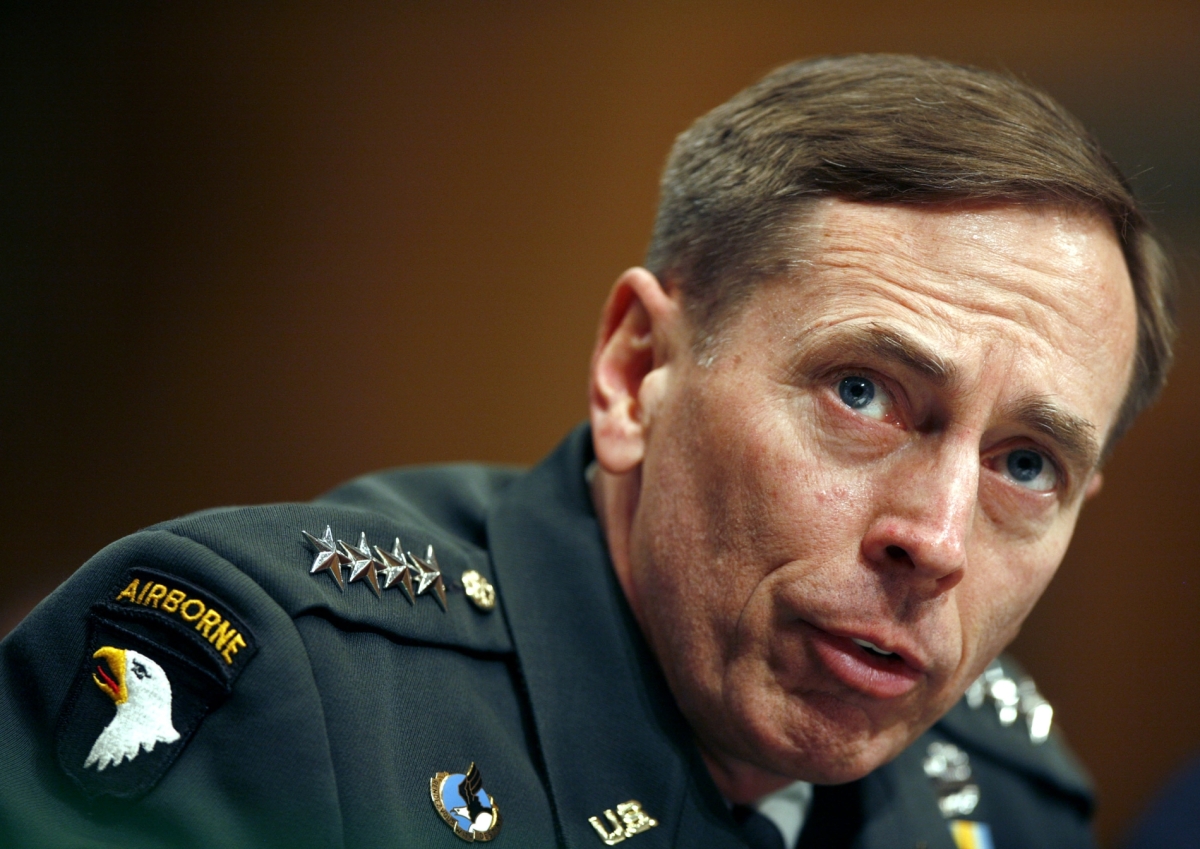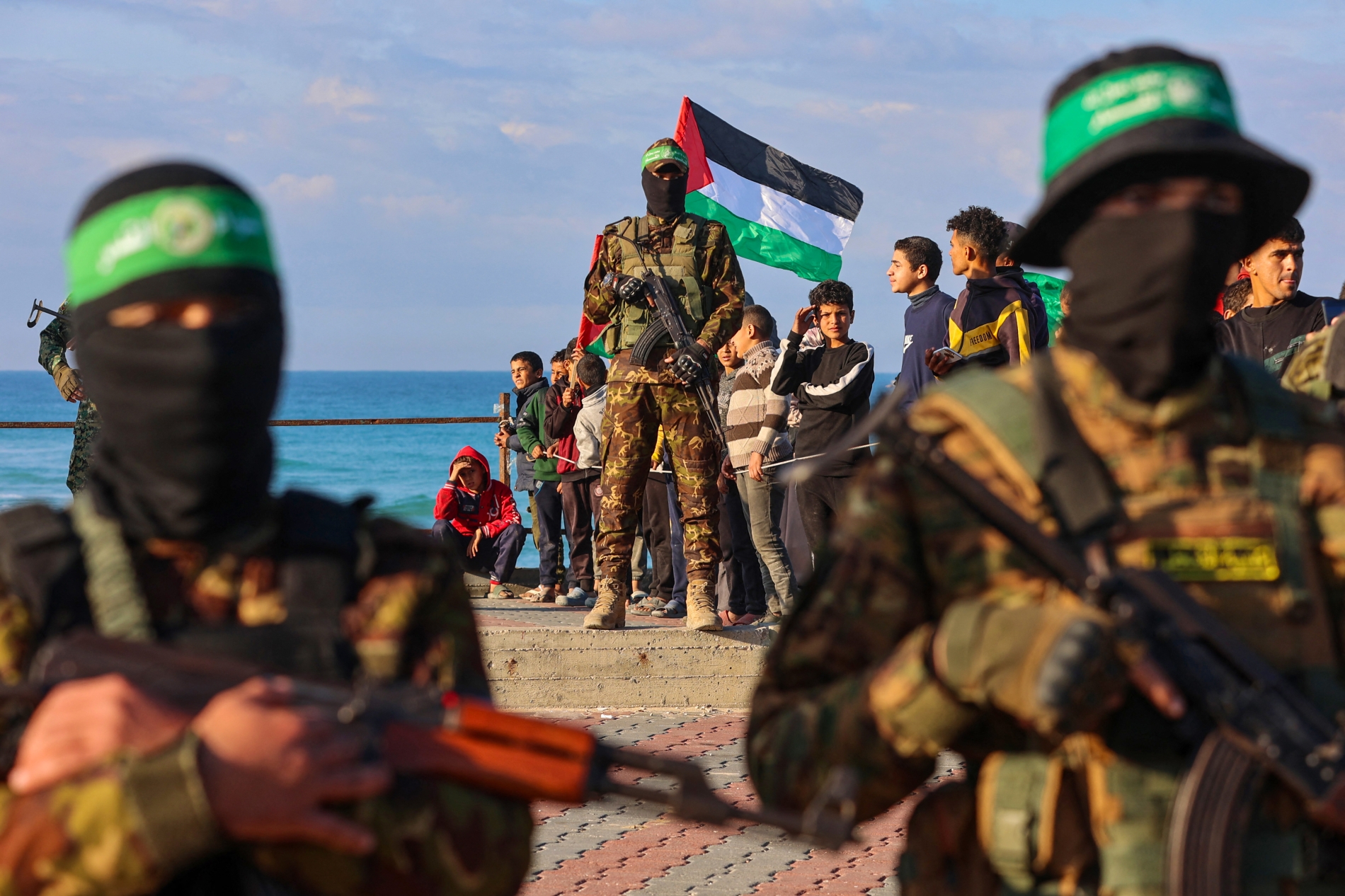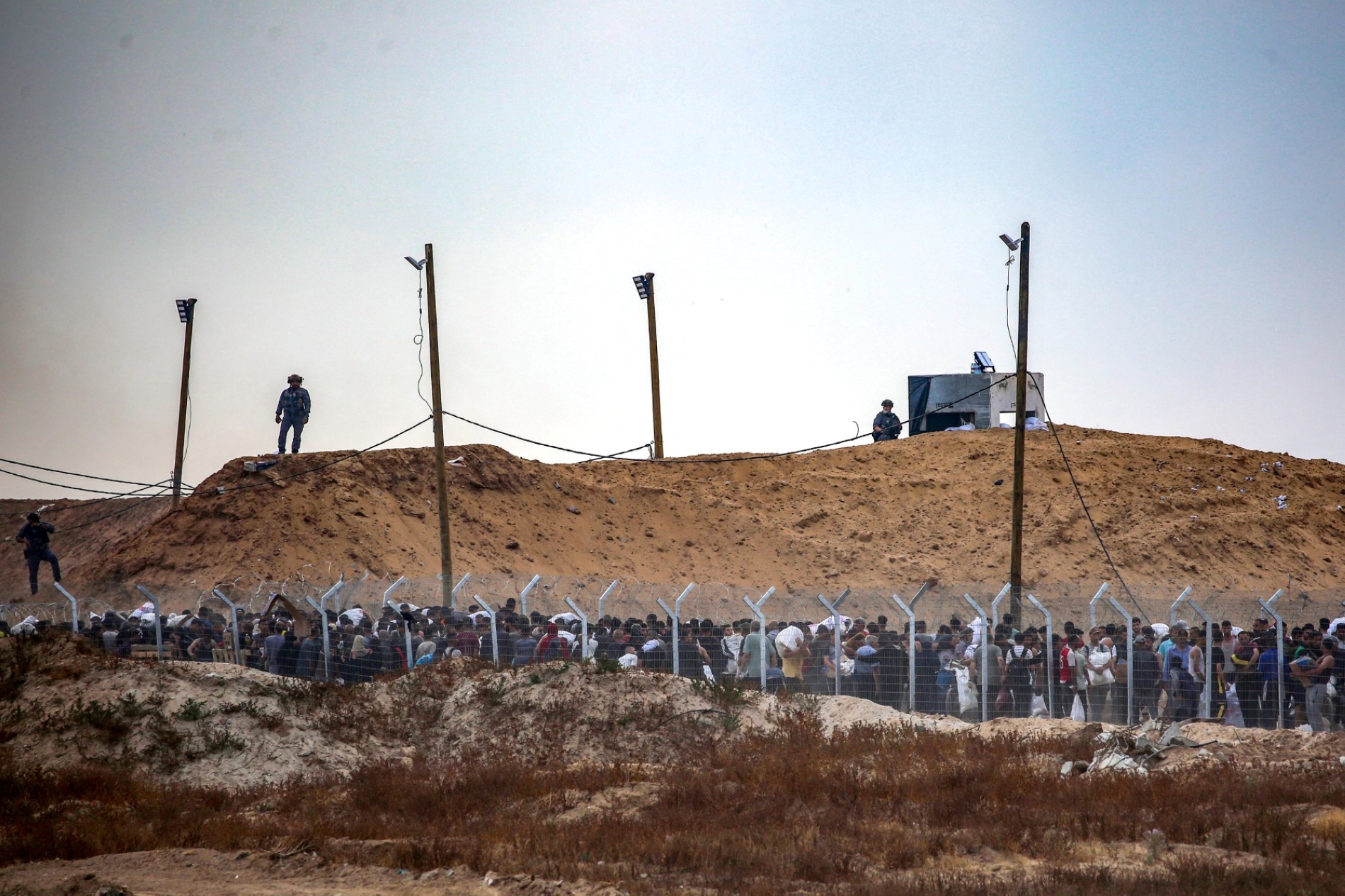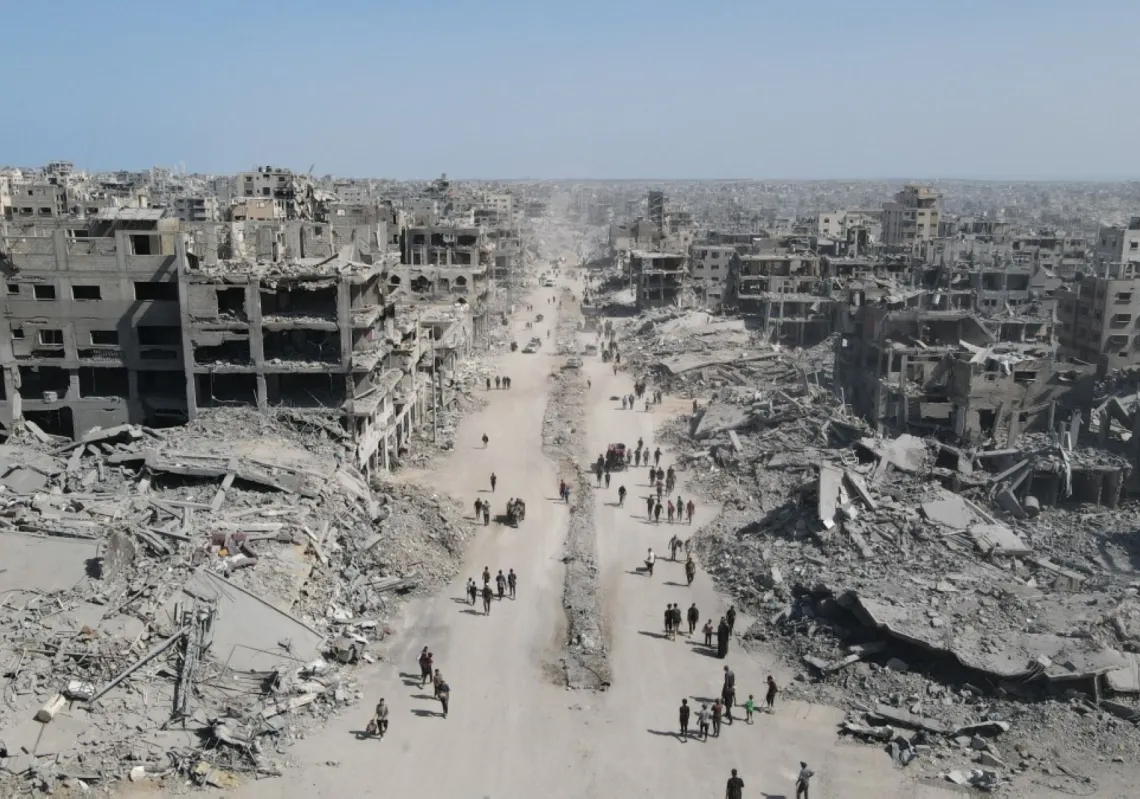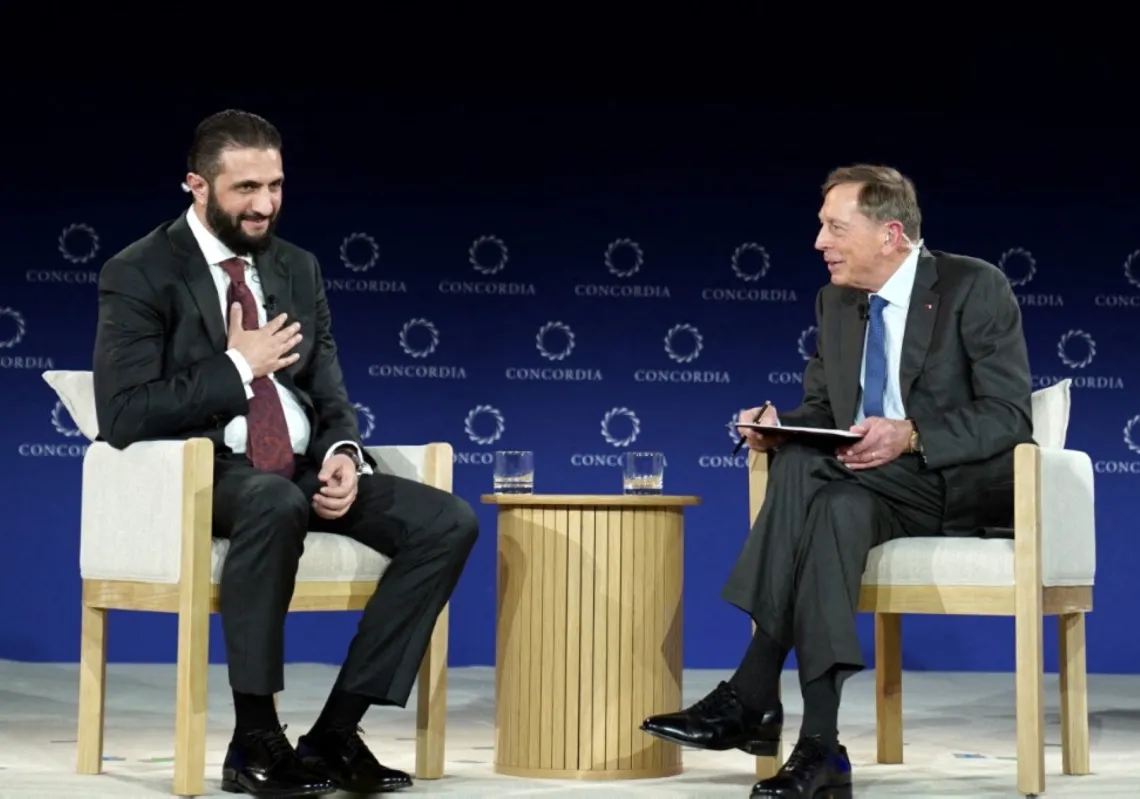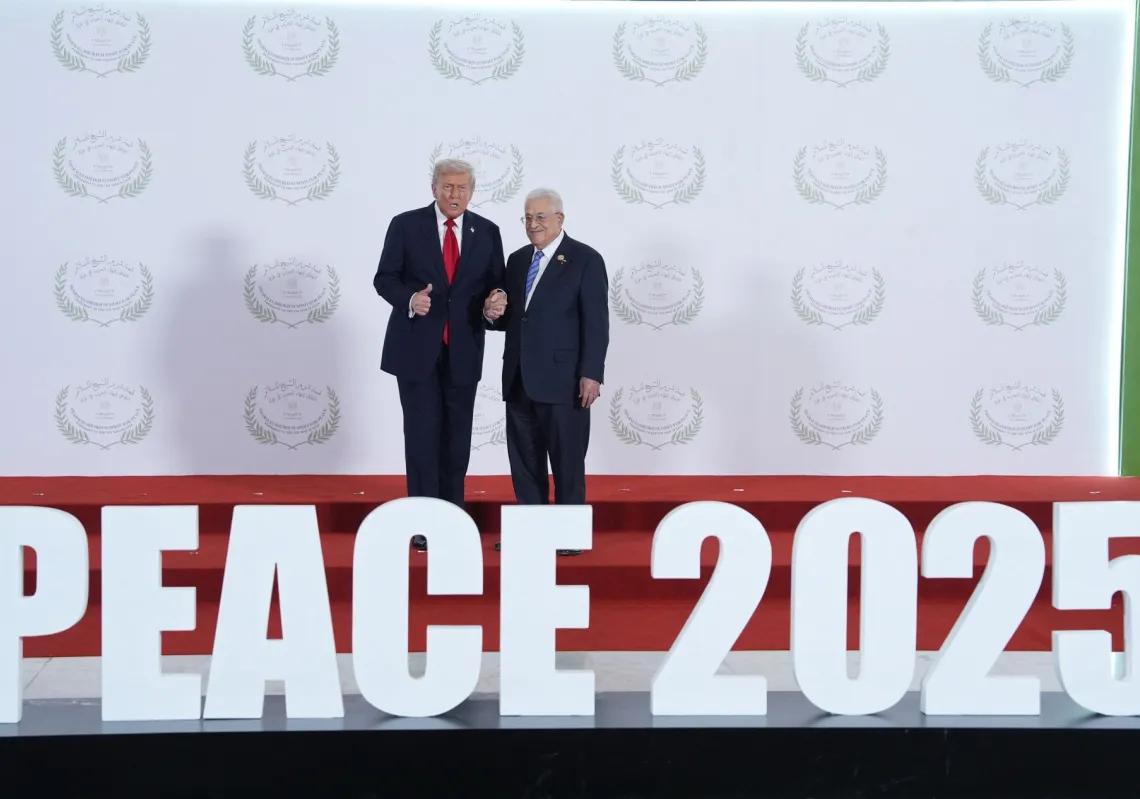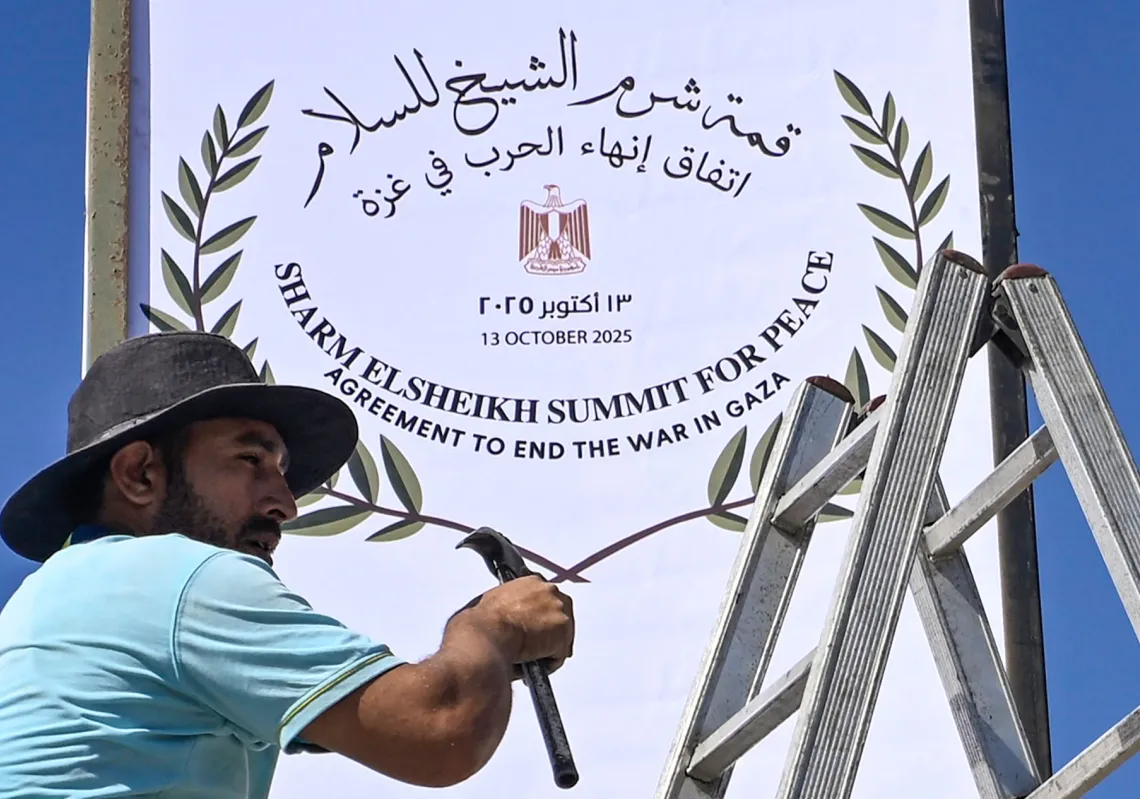Step into the mind of one of America’s most influential military and intelligence figures as retired General and former CIA Director David Petraeus shares his frank insights on the turbulent Middle East.
With a career spanning over 37 years in the United States Army, including key leadership positions such as US CENTCOM chief and CIA director, Petraeus brings a perspective rooted in both military experience and diplomatic understanding.
Petraeus sheds light on US President Donald Trump’s unorthodox approach to diplomacy—balancing tough rhetoric with strategic prowess—and reveals how these tactics aim to leverage US strength to shape peace in a region still marred by conflict.
He discusses the nature of US engagement under Trump, emphasising that “certainly there is a bit of harsh rhetoric from time to time. Sometimes that works,” and clarifies that the approach is grounded in the use of America's “tools” to promote peace in the region rather than naked aggression.
Reflecting on his tenure, Petraeus recounts his fireside chat with Syria’s new president, Ahmed al-Sharaa, in New York in September—a figure who once fought against US forces in Iraq. He noted that it wasn’t his first time engaging in a fruitful discussion with a former enemy, especially since al-Sharaa, “might have been in the category of reconcilable when he was in Iraq”—someone willing to talk and find a peaceful solution.
The conversation also touched on the ongoing challenge of stabilising Gaza, where Petraeus advocates a strategy involving “slicing it up into gated communities and backing up a civil and military counterinsurgency” against Hamas. He highlighted the complexity of dealing with Hamas while admitting that regional cooperation in sending peacekeeping troops to Gaza was a tall order, saying: “I don’t think any Arab country will agree to send forces to fight Hamas on behalf of Israel,” he said.
Asked about whether we are witnessing the privatisation of the Gaza war through mercenaries, he challenged the term and cautioned against conflating security contractors with mercenaries.
Below is the interview in full with minor edits for clarity.
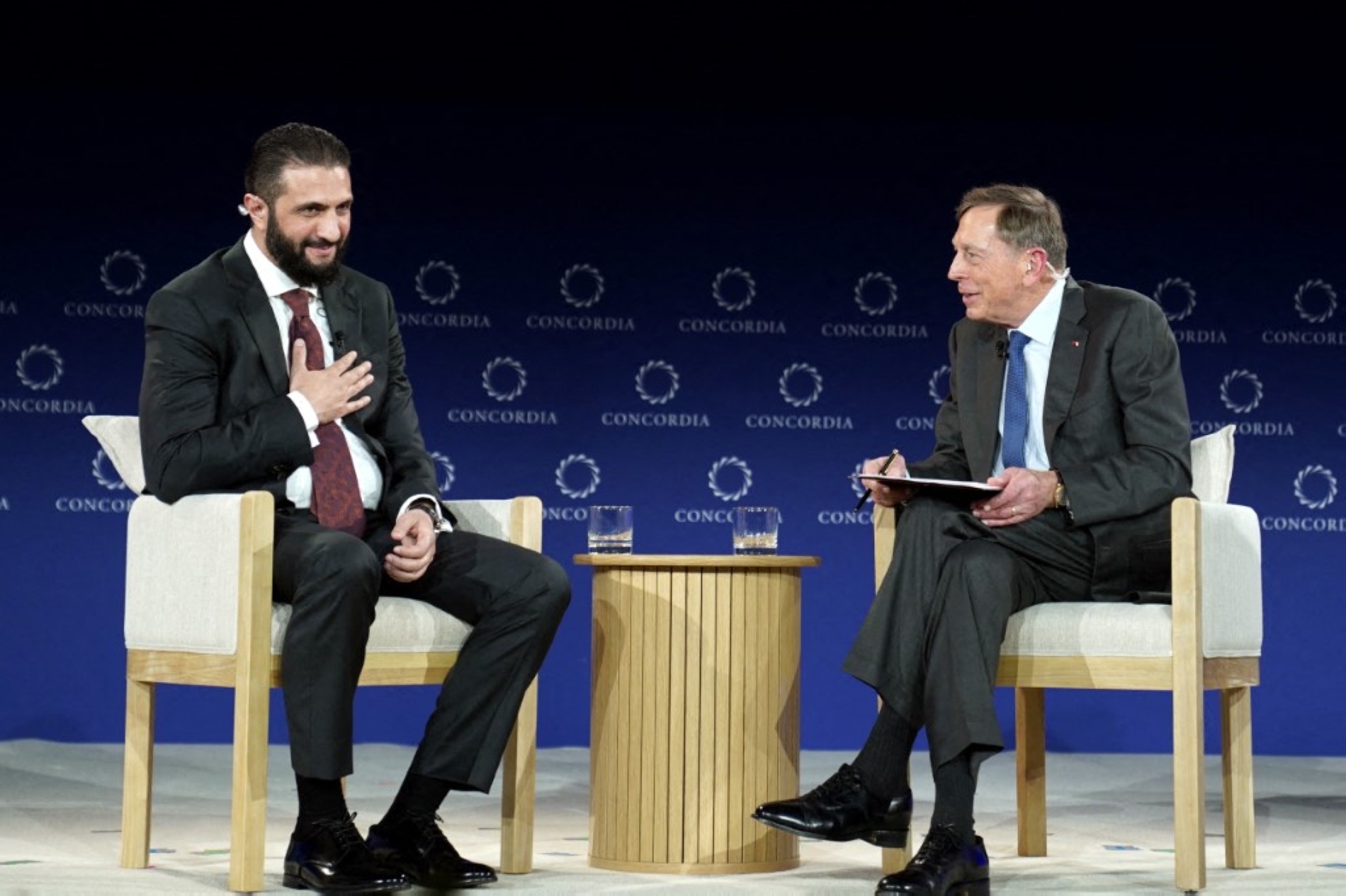
What was it like engaging with al-Sharaa in New York?
It was surreal and incredible for me as well, frankly. I'd watched the trajectory of his career to some degree once he became more prominent. He started out as a relatively insignificant leader of an Al-Qaeda cell in Iraq. He was detained the year before I returned to lead the surge in Iraq. But he was in detention for five years for planting explosives to kill our soldiers, clearly. And 15-some odd years later, 20 years later, he is the interim president of Syria, having done something no one thought was possible, which was to overthrow the murderous Assad regime, which had ruled for many decades.
But I have sat down with former enemies before. You may recall that one feature of the surge in Iraq was reconciliation. We needed to reconcile with as many of the rank and file of the Sunni insurgents and the Shiite militia as we could while recognising that we also had to more intensely pursue the “irreconcilables”.
Al-Sharaa might have been in the “reconcilables” category while in Iraq, but then went on to form the Nusra Front in Syria, which was an Al-Qaeda affiliate. He eventually broke away from that and formed Hay’at Tahrir al-Sham (HTS), which was more of a political Islamist movement. At some point, some years back, I said that's a movement we could probably reconcile with if we were involved in this particular situation.
Back to New York. I was frankly impressed by al-Sharaa. I could see that he had presence. He was soft-spoken, thoughtful, measured, and more moderate in his responses. He said that what he wanted to achieve in Syria was essentially what I was trying to achieve when I was the two-star commander responsible for the Nineveh province in Iraq. That was very heartening to hear. He also noted that he wants to establish a government that represents all the people of Syria, with all its different sects, religions and ethnicities.


